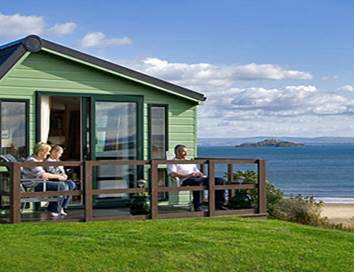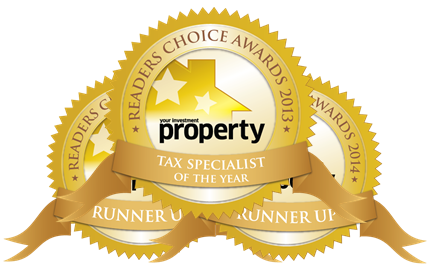 Holiday homes have always been one of those investments where there is a misconception that, as an investor, you can have the best of both worlds where you can claim deductions on the property while still making weekend visits with the family to relax. The Australian Taxation Office (ATO) has come out firing this year to declare that they are cracking down on these investments to ensure that they are being treated correctly. In a time where services such as Airbnb and Stayz are offered, the ATO is desperate to remind taxpayers the rules surrounding such an investment. In 2015, the ATO sent letters to 500 postcodes regarding the rules and this year will send another 1,000 letters to owners who have claimed incorrect deductions on their holiday home investment.
Holiday homes have always been one of those investments where there is a misconception that, as an investor, you can have the best of both worlds where you can claim deductions on the property while still making weekend visits with the family to relax. The Australian Taxation Office (ATO) has come out firing this year to declare that they are cracking down on these investments to ensure that they are being treated correctly. In a time where services such as Airbnb and Stayz are offered, the ATO is desperate to remind taxpayers the rules surrounding such an investment. In 2015, the ATO sent letters to 500 postcodes regarding the rules and this year will send another 1,000 letters to owners who have claimed incorrect deductions on their holiday home investment.
The biggest error investors make is when claims are made when the property is not genuinely available for rent. Owners will often dance around the rules by claiming that their property is genuinely available for rent by advertising via word of mouth or at their workplace or even advertising outside holiday periods when the likelihood of rent is low. The ATO has stated that this is not going to meet the criteria of genuine availability.
Other factors indicating that a property is not genuinely available for rent include:
- The location, condition of the property, or accessibility to the property, mean that it is unlikely tenants will seek to rent it.
- You place unreasonable or stringent conditions on renting out the property such as setting the rent above market rates and/or placing restrictions such as “no pets” or “no children”.
- Refusal to rent out the property to interested people without adequate reasons.
Another mistake made is when deductions are claimed when the property is used privately. Private purposes include use by you, your family, relatives and your friends free of charge. If you rent the investment to family, relatives or friends below market rates, your deductions will be limited to the amount of rent received for that period. This means that regardless of the rent received, there can be no tax benefit received.
The third most common mistake is when deductions are claimed for travel to inspect or repair the property. Owners will often decide to spend the weekend at the property and do maintenance at the property and then argue that the travel and repair work is then deductible. The ATO is very clear that again, unless the property is genuinely available for rent, then in this example none of the expenses incurred will be deductible.
Remember as well that even if your holiday home is never rented out, when the time comes to sell it, there will be capital gains tax to pay. This is unless of course you claim the property as your main residence.
With the ATO’s constantly improving data-matching program, they are able to compare with properties in similar locations and will be able to detect inconsistencies. Ensure that if you are looking to receive tax benefits from your holiday home that you don’t go on holidays from your obligations.

David Shaw is the CEO of WSC Group: Certified Practising Accountants and Business Advisors, and
was voted Property Tax Specialist of the Year in the Your Investment Property 2013 Readers Choice Awards (as well as runner up in 2012, 2014 & 2015).
*The advice published on social media mediums by WSC Group is of a general nature and does not constitute specific financial advice. For a detailed financial strategy you should consult with a qualified financial advisor before making any investment decision.
Disclaimer: while due care is taken, the viewpoints expressed by contributors/sponsors do not necessarily reflect the opinions of Your Investment Property.
